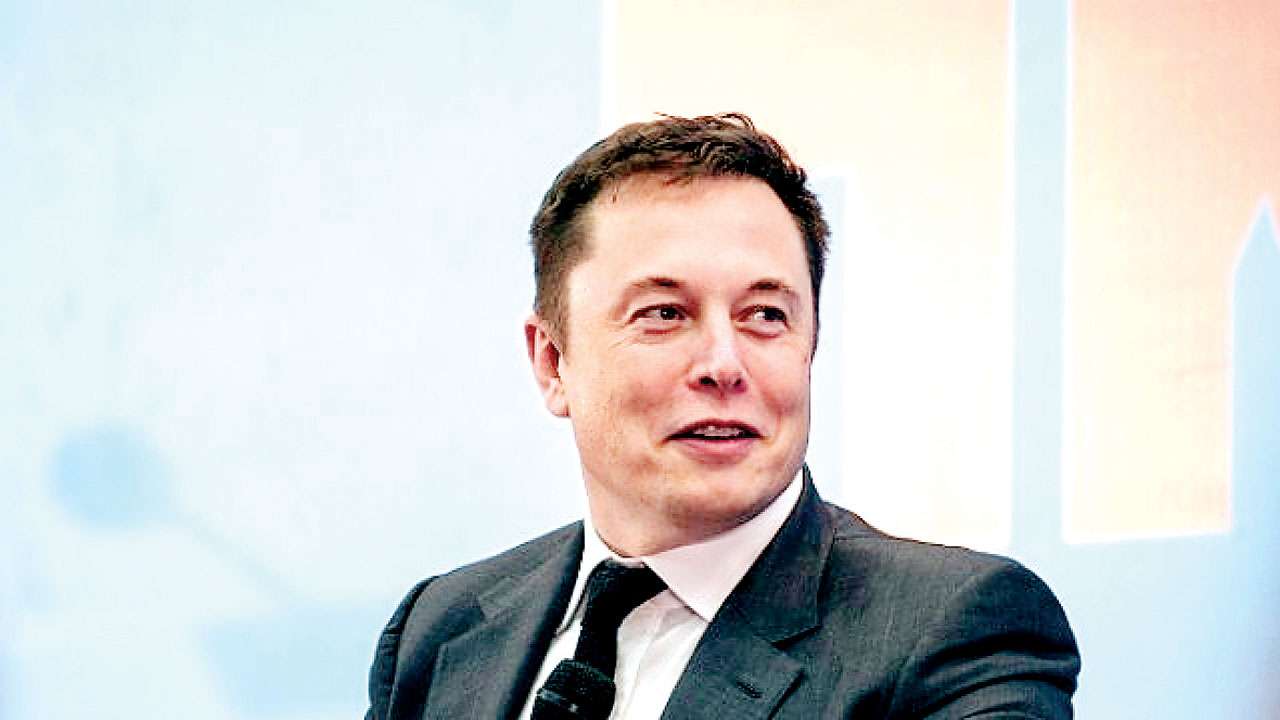
Just as the Berlin Wall came down in 1991, an interesting wall of patents came down very gracefully a few days ago at the Tesla headquarters in Palo Alto. This is a great moment for the open source movement, the advancement of electric technology and for sustainable life on planet earth. The founder of Tesla Motors described as a 'colourful', yet a climate-change conscious billionaire, Elon Musk announced that 'he had released all of the electric car makers' patents, as part of an effort to fight climate change'.
His rationale was that this move would clear the path to aspiring companies and individuals, at the cusp of innovation and industry to spawn the creation of a series of technologies for a cleaner, greener earth. This move gracefully proclaims that the ego of the mission and commitment to a greener earth is much bigger than Musk's personal mission and ego.
Just thinking of this, I was wondering if this patent wall that was pulled down in a brave move in one enterprise could be extended to the mountainous walls of patents and intellectual property rights that exist across various other domains? What would the world look like and feel like, if in an imaginary move, all patents were pulled down, suddenly opening up the stranglehold of 'processes' that consume gazillions in units of time and money?
Interestingly, Elon Musk's tweet elicited a response in the form of a challenge from Anand Mahindra of India, who tweeted, "Time you got out here Elon. You don't want to leave that whole market to Mahindra, do you? The more the merrier — and greener."
While this 'imaginary' idea of ' may open up the 'peaks' of excellence in terms of breakthroughs and ideas for people to dabble and work with, will it also distort the fund flows, grants and the support that are currently available for research and innovation? Will this signal the death knell for those monolithic, gigantic corporations and companies, that thrive on patents and profits and simultaneously fund research, innovations? These are some questions that may need deeper thinking and analyses.
As I was lost in these thoughts, a WhatsApp message from a dear friend ailing with cancer gave me a gentle shake-up. She and I studied together at the Harvard Kennedy School and I fondly recall her brave fight with cancer for over fifteen years. Over Iranian tea, with poems, conversations along with Persian dates, we spent many evenings during our student years, studying and reflecting on life and its mysteries. Today also happens to be 'World Cancer Day'. As we address this scourge in our own context, As reported by WHO, over 8.2 Million people die of cancer every year. Sadly, two-thirds of these deaths occur in low and middle-income countries, and more than 50 per cent of deaths could have been prevented. It is particularly disheartening that 'Tobacco use accounts for 22 per cent of cancer deaths globally, and is a leading cause of the disease in South-East Asia. Alcohol use, unhealthy diets and physical inactivity contribute to a burden that has profoundly negative social, economic and developmental implications.' reported the regional director of WHO, Dr Poonam Khetrapal Singh. The choices we make contribute significantly to cancer.
Can the case of Tesla give a curious but a much-needed twist to cancer? In this 'patent versus patient' conundrum, which is almost totally biased against the patient, can a 'Teslaesque' movement open up space and pace for greater breakthroughs, research and discoveries? In the world of new molecules and drugs, if a new promising compound is not patented, it would almost never reach the market, as bringing a new drug to the market reportedly costs billions. To then ensure healthy sustainable returns on the astronomical investments, pharma companies are also obliged to present new drugs in a manner that guarantees 'watertight', berlinesque' patents. While all this is on, really suffering and struggling cancer patients are lost as they miss out on very efficacious or low-cost treatment. Could there be some silver lining, extrapolating the Tesla spirit of doing away with patents, across life-saving drugs? Isn't the mission of humanity much larger and wholesome than every other mission?
The author is a Harvard-educated civil servant & writer, and has worked in the education sector
jayanti.ravi.dna@gmail.com